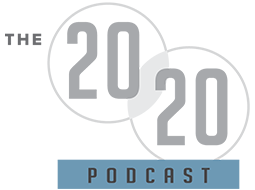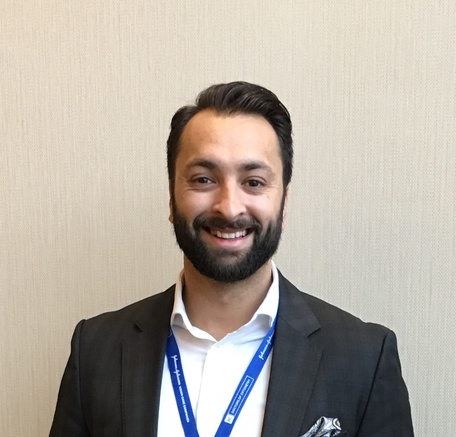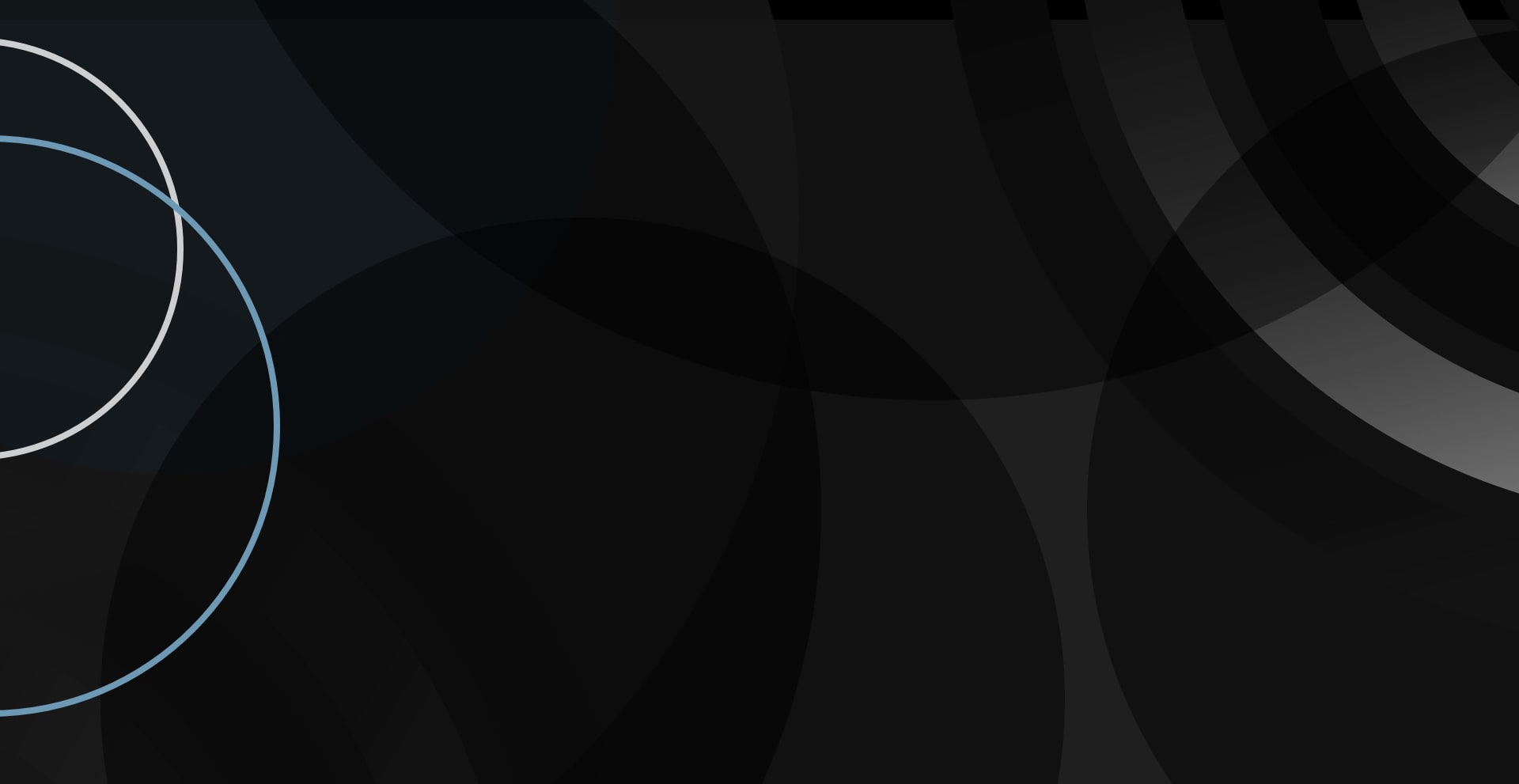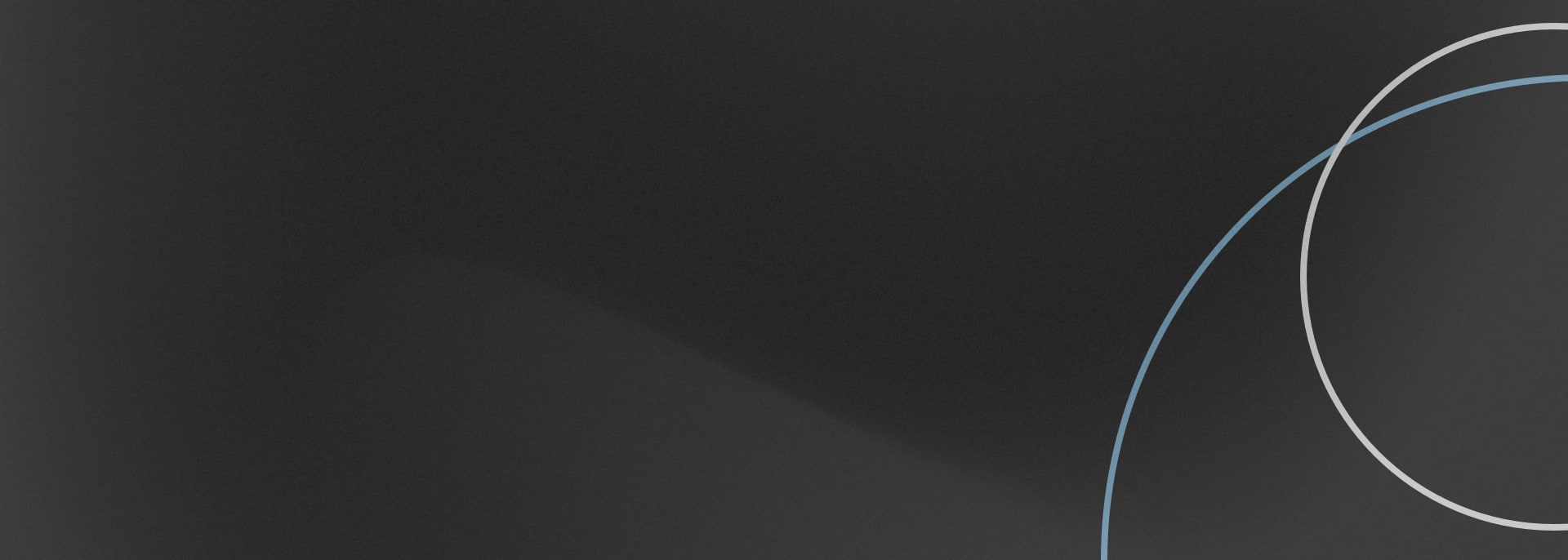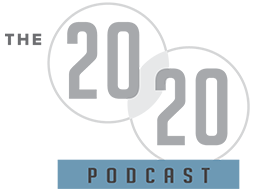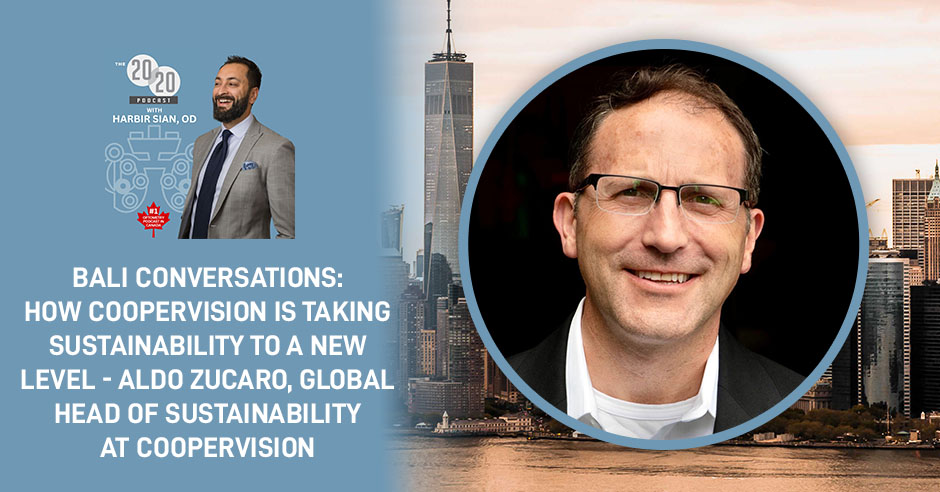
The idea of sustainability and reducing our carbon footprint is becoming a bigger discussion in eyecare. As time goes on, we will continue to hear more and more companies in the industry sharing their efforts to reduce their impact on the environment.
But one of the companies that has been at the forefront of this discussion is CooperVision. In this episode, I chat with Aldo Zucaro who is the Global Lead of ESG and Sustainability at Cooper.
Aldo’s passion and genuine concern for the impact our industry is having on the environment is infectious and truly palpable in this conversation.
Learn more about the partnership with CooperVision and Plastic Bank:
https://plasticbank.com/client/coopervision/
Huge thanks to CooperVision for their support of the industry and The 20/20 Podcast.
—
Watch the episode here
Listen to the episode here
Bali Conversations: How CooperVision Is Taking Sustainability To A New Level – Aldo Zucaro, Global Head Of Sustainability At CooperVision
Introduction
Welcome back to another episode. Thank you, as always, for taking the time to join me. I’m always so grateful. This episode is the third in a series of three episodes that I recorded when I was down in Bali with CooperVision to experience their CooperVision and Plastic Bank partnership, which is an amazing sustainability initiative that CooperVision has.
If you haven’t read the first two episodes, you don’t have to read them in order. However, I think it helps if you go back and read the first one with Dr. Evelyn Lo, the President of the BC Doctors of Optometry, who shares her perspective as a leader in the field of optometry. The second episode was with David Katz, the CEO and Founder of Plastic Bank, this incredible company that is helping to reduce plastic waste and support communities in developing countries around the world.
This episode, the third and final episode in this series, is with Aldo Zucaro, who is the lead for all sustainability initiatives within CooperCompanies and the Senior Director of Sustainability within CooperCompanies globally. Aldo is very passionate about sustainability, reducing carbon footprints and the impact we have on the environment.
There will be a lot more discussions happening, not just with our contact lens companies but for all of the major contact lens companies. They have initiatives to help reduce waste, but even ophthalmic lens companies and other partners within the industry, you are going to start to hear more and more conversations about sustainability and reducing carbon footprints.
It’s cool to see the initiative and the amount of effort, money, time, and overall effort that CooperVision is putting into these global initiatives to help reduce their footprint as well. There’s nobody better to speak to this than Aldo Zucaro. This was a great conversation. I had a lot of fun talking to him. He’s a really smart man. I hope you enjoy this conversation. If you haven’t read the other two episodes, please go back and check those out. Enjoy, and I’ll see you guys in the next episode.
—
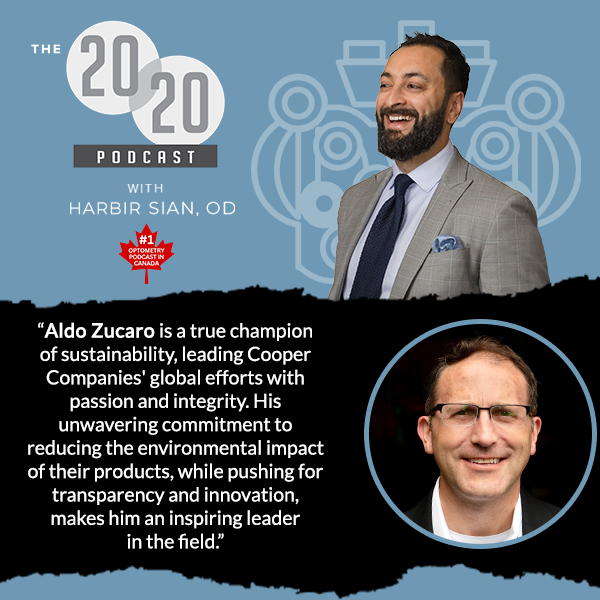
Welcome back to another episode. Thank you, as always, for taking the time to join me here to learn and grow. Thank you for all the support. As always, one quick favor right off the top. Could you please share this, especially if you get some value from it, with a friend or with your mom? I don’t know, just get the message out there. Let people know what we’re talking about. We’re having some very important conversations here. We are in beautiful Bali, Indonesia, and we have this incredible sunset. The timing of this is amazing. We have this beautiful sunset.
I planned it for you.
You did. That was amazing. Thank you. I want to say a big thank you to CooperVision for having me here. The reason we’re here is to experience this partnership that CooperVision is developing with Plastic Bank. We’re here to see what it’s like to support the communities in removing plastic from waste from the water and from the areas around here, and to process it and turn it into something else. To help me with that discussion, I have the wonderful Aldo Zucaro, who is the Lead For Corporate Responsibility in CooperCompanies. He has a PhD in Behavioral Economics, which is something I’m very interested in. I’d love to talk to you about that. Thank you so much, Aldo, for being here.
No problem. Thank you.
Thank you for taking the time. I know it’s a busy few days. We’re not here for long, and there’s a lot going on. The fact that you took some time to sit and chat, I really appreciate it. Can you tell me your title, the Lead For Corporate Responsibility for CooperCompanies? Can you break that down and explain what it means?
CooperCompanies has two divisions. We have a surgical division, CooperSurgical, and CooperVision. I oversee both divisions. Primarily, my focus is on developing opportunities and programs that both divisions can participate in. This particular division is developed for CooperVision developed. It’s things about helping in terms of the waste generated in the world. Plastic Bank program is specifically a CooperVision thing, but I oversee both divisions.
Partnership With Plastic Bank
That makes you the perfect person to have this conversation with. You are the one creating these programs to promote sustainability within the company and reduce the carbon footprint that CooperCompanies have in the world. Given that CooperVision is a contact lens manufacturer and there’s a lot of conversation about the potential waste that contact lenses produce, it makes sense that this program would be something you’d develop. Now, it makes sense, but a little while ago, it might not have been something someone would have thought of. Can you describe this program, this partnership that CooperVision has with Plastic Bank, and the impact it has?
Yeah. Let me start by talking about how it came about. I started talking to the scientists, and I said, “Our contact lenses are made out of plastic. They’re packaged in plastic. Can we do something else?” One of the biggest educational elements for me was just how brilliant plastic is. It does its job. We’re imprinting amazingly fine optics on a very small piece of silicone hydrogel. You’re an optometrist. You know what that does. You know the complexity and the interaction with the eye.
It is pretty amazing. We take a lot of that for granted.
It’s an amazing thing. I had a realization. I asked our R&D, “Help me understand. How much do we spend on developing a contact lens?” He said, “Let me just give you the big picture. We’ve spent billions of dollars developing that.” I thought to myself, “We’ve spent billions of dollars developing this.” It has no way. You told me you spent billions of dollars trying to figure out the precise mix of ingredients, technicality, and optics to interact with the mechanisms of the eye, which are as complicated as crazy. At the end of twelve hours, if somebody goes that long, toss it.
Just flick it in the garbage.
I said, “I can’t take that. It’s an unacceptable answer. It’s completely unacceptable. We’ve got to do better.” He’s like, “It’s going to take us a while.” I said, “I’m not going to sit on my hands while you and the technical people think of a way to make it better.” I can’t do nothing. I’m happy to do something in order to do that because waiting isn’t an option.
In my mind, waiting has never been an option. We have to do something now. I started out looking for a partner that I could trust. For me and the industry, if you look at all the legal things around sustainability, people have been lying about sustainability for too long. It’s amazing how many people say, “ I’m green, and I’m green.” Are you really green?
I took that on, and I said, “We’re not going to lie. We’re going to be uber-transparent with everything.” I am telling you, we are not sitting on our hands while we find ways to control what we can’t yet control. We can’t yet control it, but I’m going to find a way to control it. If you spent $1 billion developing it, you find another $1 billion and figure out how to control it. In lieu of that, we needed a way to do that.
This is through your research, and you discovered Plastic Bank.
There was a but in there. For me, it’s people plus planet. We have to save the planet. However, if we’re saving the planet for the sake of the planet, it’s not really that interesting. People had to be part of the equation. We’ve heard of other recycling companies out there. This is not that. In fact, the reason I invited 29 of my closest friends to Bali, all the way around the world, is because I want you to see it. I want you to see what they’re doing.
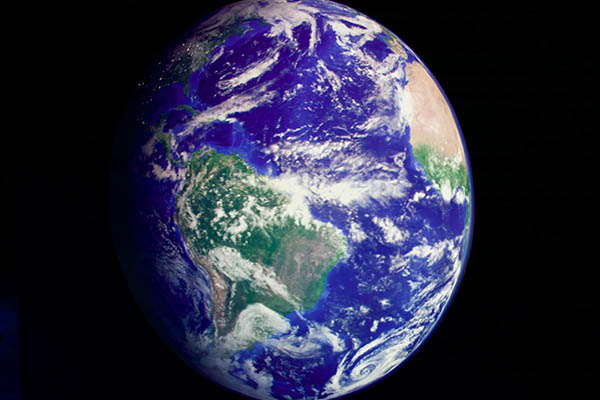
I want you to see that we will probably never sell contact lenses to these people. If somebody thought I was doing this because it’s a way to generate income, you’re wrong. These people aren’t going to buy contact lenses, but that doesn’t mean that CooperVision shouldn’t help. I tell a story. It’s one particular story. David told me this story. I experienced this, and it blew my mind. I said, “Imagine you’re a parent of a child. I don’t know, a 1-year-old or a 2-year-old. They want a very simple toy, $0.10.”
“Imagine being at a place in your life where you don’t have $0.10 to help that child. They’re innocent. All they’re looking for is that little bit. You know your life is this, but does their life have to be?” I thought to myself, “I’m not going to allow that.” Cooper is not that. Yes, I absolutely want to rid the world of plastic waste, but I want to do it in a way that helps somebody gets better.
Over the next couple of days, we’re going to look at families. We’re going to see families that have had the opportunity to change their trajectory and elevate themselves out of that because of a contact lens that we are working so hard so you don’t throw it away so that we can do that for someone who’ll probably never know we exist, who will never know that we helped them, because that’s not what drives me. What drives me is knowing that I have changed somebody’s life.
That’s what we’re about. Over the next couple of days, we’re going to see that. I want you to see that. I want the world to know that partnering with a company like Cooper isn’t just to line our pockets. It’s because we absolutely care. Yes, we make fantastic contact lenses. We’ve learned how to imprint the most impossible technology on a tiny piece and make it repeatable. Yes, all of those things are true.
One more thing, there’s somebody not too far from us who will never know us, who might just be the next Einstein, who might solve cancer, who might figure something out. All because we did this. That makes me happy. It makes me so incredibly happy that I want to tell the world about it. I want everybody to see it. I want everybody to know. I don’t even care. It’s not the accolades. It’s not all the, “Good. Attaboy.” It doesn’t matter. None of that is important. What’s important is you’re telling people. I tell somebody, and I’ll tell you this and say, “I know I’ve done a good job. Is it at the dinner table, you tell your family something you saw.”
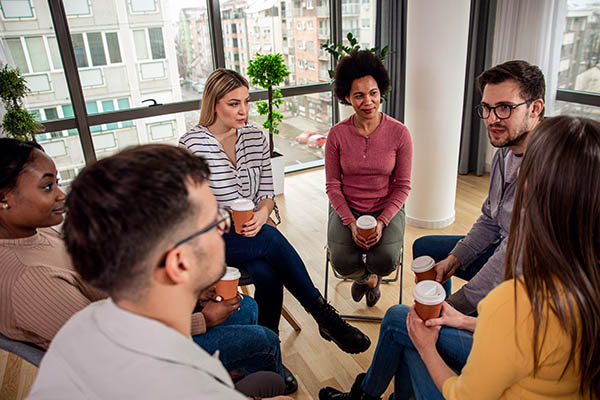
I love that entire message. What I’m so excited about is to be able to share this message with so many more people. I’m very excited to share this message with so many people, but in particular, with my family, around the dinner table because my daughter is in first grade and is learning so much about the environment, waste, and sustainability. She comes home and tells me, “Dad, did you know that we need to recycle this and not throw this away?” My wife is very conscious of it as well.
Coincidentally, this is amazing. My wife was watching a video on her phone with our daughter. I asked her, “What are you watching?” She’s like, “Our daughter came home from school and was talking about how they have to collect waste out of these places and so on.” I was like, “We are going to be going into the mangroves.” My daughter looked at me, “You’re going to the mangroves? That’s what they were watching.” It’s videos of people clearing out mangroves in Indonesia, of all places. The fact that I’m going to be able to go back home to her and say, “This is what I was doing,” is a proud moment.
I think it’s going to be a pretty proud moment for me as a dad to go back to my seven-year-old. I’m going to be very excited to talk to her about it and share the stories from here, not only around the dinner table. To go back to what you’re saying and what has been consistent over these 2 or 3 interviews that we’ve done, it’s the impact on the community and on the people.
It’s one thing, of course, to clean out the waste and have the environmental impact, but to actually help people live better lives and hopefully give them the means to come out of poverty. To be able to do small things like that, we don’t even resonate with where we live. They might not have a bank account, might not have any savings, might not be able to buy a small toy or meet some other basic needs they have. They don’t have the means to gain those things. Now, with a program like this, perhaps they might. It’s a pretty profound impact.
The way I think about it is I don’t know why I was born where I was born. Is it just the luck of the draw? Maybe I picked the long straw or the short straw. We live different lives than they do. Our refrigerators are full. We have refrigerators. We have the ability to give our children almost anything they want. I want them to know, just like your daughter is learning, that we are fortunate, and those who are fortunate should help those who are a little bit less fortunate. That is the most important thing. Why we’re here is so that we can see it’s not for naught.
Those who are fortunate should help those who are a little bit less fortunate.
Expectations And Purpose
No, it’s definitely for something. I’m very excited to go through this process, to go to the mangroves and to clean. To be in the trenches, so to speak. Also, to see the process of what happens with that plastic. The thing that I missed until we were speaking with everybody here is that we’re actually going to spend time with some people involved in this process. You already said a little bit about that. What does that look like for me? What do I have to do? What can I expect there? What’s the purpose of that?
There’s nothing to expect. These are people like you and me. One of the things I want to make absolutely clear to everybody is that they are equal. We’re going to break bread with them, talk with them, and I want us to say, “You’re a friend. You are helping me do something I can’t do just yet, and I am helping you do something that you can’t do just yet. Together, we both win. We get rid of a little bit of waste plastic, and you have the ability to elevate yourself out of where you are. You gain dignity.”
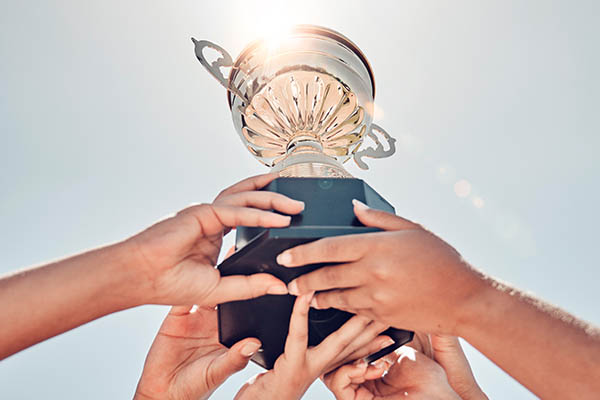
This is not philanthropy, and it’s not a gift. We are here for a hand-up, not a handout. It’s so important, not because I don’t think philanthropy is necessary or needed. It’s wonderful, but here, we’re not doing that. Some people are working, and they gain dignity in what they’re doing. They get the ability to see their environment improve. At the same time, their community gets healthier and stronger. I want us to walk away saying, “I now have a friend in Indonesia, in Bali, that I didn’t think I was going to have.” Who knows? Maybe our paths will cross again.
Final Thoughts
Aldo, thank you so much. That was really inspiring and powerful. I hope whoever’s reading will get some inspiration. Is there a final message that you’d want to share with whoever’s reading? Maybe a call to action or something that might inspire someone to make a change in behavior or whatever it might be?
I think the biggest message I tell everybody is that doing nothing is unacceptable. You have to do something. If you can’t participate in this program, do something else, but please, don’t do nothing.
Doing nothing is unacceptable.
Thank you so much, Aldo. I appreciate it. That was amazing. I appreciate being here again. Thank you to you, and thank you to CooperVision for having me here, for having this initiative to make an impact on so many people’s lives and the environment.
I’m just happy you’re sharing it with the world.
I’m so excited to share this. Thank you very much. Thank you to everybody who’s reading. See you guys in the next episode.
Important Links:
- Dr. Evelyn Lo – Past Episode
- Aldo Zucaro
- CooperVision
- Cooper Companies
- https://CooperVision.com/our-company/news-center/press-release/coopervision-extends-partnership-plastic-bank-adds-vision
